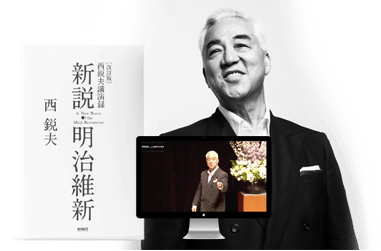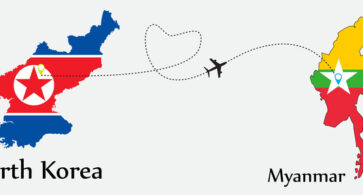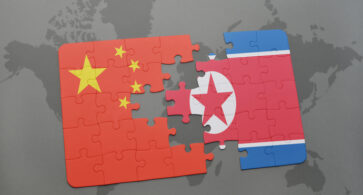極秘電報の全文
マッカーサーからの、この極秘電報(1946年1月25日付)が天皇を救う。電報は、陸軍長官と統合参謀本部宛である。1975年4月24日に公開された。
TOP SECRET
25 January 1946
From : CINCAFPAC(Commander in Chief, American Forces, Pacific)MacArthur
To : War Department, WARCOS (War Department, Chief of Staff), Joint Chiefs of Staff
"... investigation has been conducted here under the limitations set forth with reference to possible criminal actions against the emperor. No specific and tangible evidence has been uncovered with regard to his exact activities which might connect him in varying degree with the political decisions of the Japanese Empire during the last decade. I have gained the definite impression from as complete a research as was possible to me that his connection with affairs of state up to the time of the end of the war was largely ministerial and automatically responsive to the advice of his counselors. There are those who believe that even had he positive ideas it would have been quite possible that any effort on his part to thwart the current of public opinion controlled and represented by the dominant military clique would have placed him in actual jeopardy.
"If he is to be tried great changes must be made in occupational plans and due preparation therefore should be accomplished in preparedness before actual action is initiated. His indictment will unquestionably cause a tremendous convulsion among the Japanese people, the repercussions of which cannot be overestimated. He is a symbol which unites all Japanese. Destroy him and the nation will disintegrate. Practically all Japanese venerate him as the social head of the state and believe rightly or wrongly that the Potsdam Agreements were intended to maintain him as the Emperor of Japan. They will regard allied action ***** betrayal in their history and the hatreds and resentments engendered by this thought will unquestionably last for all measurable time. A Vendetta for revenge will thereby be initiated whose cycle may well not be complete for centuries if ever.
"The whole of Japan can be expected, in my opinion, to resist the action either by passive or semiactive means. They are disarmed and therefore represent no special menace to trained and equipped troops but it is not inconceivable that all government agencies will break down, the civilized practices will largely cease, and a condition of underground chaos and disorder amounting to guerrilla warfare in the mountainous and outlying regions result."
"I believe all hope of introducing modern democratic methods would disappear and that when military control finally ceased some form of intense regimentation probably along communistic line would arise from the mutilated masses. This would represent an entirely different problem of occupation from those not prevalent. It would be absolutely essential to greatly increase the occupational forces. It is quite possible that a minimum of a million troops would be required which would have to be maintained for an indefinite number of years. In addition a complete civil service might have to be recruited and imported, possibly running into a size of several hundred thousand."
"An overseas supply service under such conditions would have to be set up on practically a war basis embracing an indigent civil population of many millions. Many other most drastic results which I will not attempt to discuss should be anticipated and complete new plans should be carefully prepared by the Allied powers along all lines to meet the new eventualities. Most careful consideration as to the national forces composing the occupation force is essential. Certainly the US should not be called upon to bear unilaterally the terrific burden of man power, economics, and other resultant responsibilities."
"The decision as to whether the emperor should be tried as a war criminal involves a policy determination upon such a high level that I would not feel it appropriate for me to make a recommendation but if the decision by the heads of states is in the affirmative, I recommend the above measures as imperative."
この記事の著者
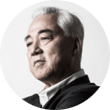
西 鋭夫
1941年大阪生まれ。関西学院大学文学部卒業後、ワシントン大学大学院に学ぶ。
同大学院で修士号と博士号取得(国際政治・教育学博士) J・ウォルター・トンプソン広告代理店に勤務後1977年よりスタンフォード大学フーヴァー研究所博士号取得研究員。それより現在まで、スタンフォード大学フーヴァー研究所教授。
西 鋭夫
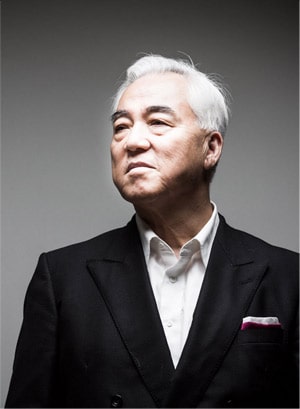
1941年大阪生まれ。関西学院大学文学部卒業後、ワシントン大学大学院に学ぶ。
同大学院で修士号と博士号取得(国際政治・教育学博士) J・ウォルター・トンプソン広告代理店に勤務後1977年よりスタンフォード大学フーヴァー研究所博士号取得研究員。それより現在まで、スタンフォード大学フーヴァー研究所教授。





